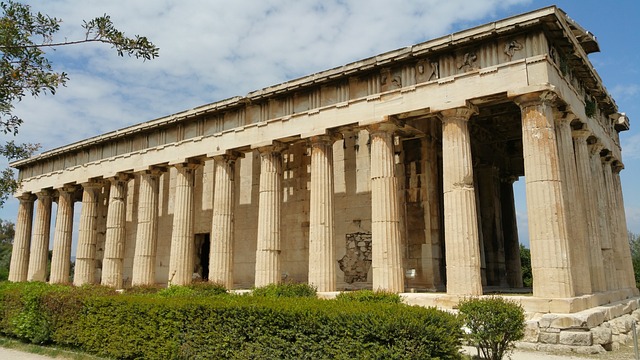
Isonomy represents equality before the laws.
The notion of isonomy comes from the Greek language. The term is used to refer to equality before the laws .
Democratic regime
It is understood that isonomy refers to citizens having the same political and civil rights . In this way it is an essential premise of a democratic regime .
While in a tyranny the laws are applied despotically and according to the will of the ruler, in a democracy all people are equal before the law. This isonomy guarantees that each subject has identical rights and responsibilities with respect to what is established in the legislation.
Greek democracy
Among ancient Greek thinkers, isonomy and democracy were often used synonymously . For Herodotus (484-425 BC), the pillars of isonomy were the election of magistrates through lots; the obligation of said magistrates to render an account of their actions to the people; and the development of public assemblies of citizens for decision-making.
It can be said that isonomy laid the foundations of Greek democracy . The transition to the new system did not imply the development of a revolution since members of the aristocracy continued to direct the polis. But the concept of isonomy represented progress towards the establishment of popular sovereignty .
Herodotus of Halicarnassus was a Greek geographer and historian born around the year 484 BC. C. in the ancient region of Caria, in Anatolia. Many consider him a pioneer in the telling of Western history. According to his work, isonomy in Ancient Greece required compliance with three fundamental points:
* : the existence of magistrates who were chosen by lottery;
* : that they render an account of their actions to the people when they conclude their mandate;
* that the people had the right to direct discussions in public assemblies.
Its etymology
The Greek term from which isonomy derives is written ἰσονομία . In its beginnings, the meaning it received was "equitable distribution", while over time it became associated with "legal equality, of the rights of the people ", with the aforementioned basis of the current democracy, according to which we are all equal. before the law or, put in the opposite sense, it is the same for everyone. The components of this Greek word are the following:
* isos : we can translate it as "equal", and from it we have obtained terms such as isobar (two or more places in which the average atmospheric pressure is the same) and isosceles (in geometry, a type of triangle that has two sides and two equal angles)
* nomos : whose meaning is "norm, law, custom or usage";
*-ía : a suffix that indicates moral quality , state of mind , social condition or situation . We find it in other words, such as joy, monotony, bravery, cowardice and closeness , all nouns that derive from adjectives.

For the ancient Greeks, isonomy was one of the three pillars of democracy.
As we mentioned above, in Ancient Greece the concept of isonomy was closely related to democracy. So much so, that this represents one of the three pillars of the democratic system, along with isocracy and isegoria . The first is understood as equality when accessing the most powerful positions; The second, for its part, refers to equality and freedom when expressing and refuting opinions in the assembly held in the ancient squares called agoras .
As a proper name
Isonomía is also the name of a magazine of Theory and Philosophy of Law edited by the Autonomous Technological Institute of Mexico ( ITAM ) since 1994. This is the name, on the other hand, of a public opinion consultancy based in the city of Buenos Aires ( Argentina ).
